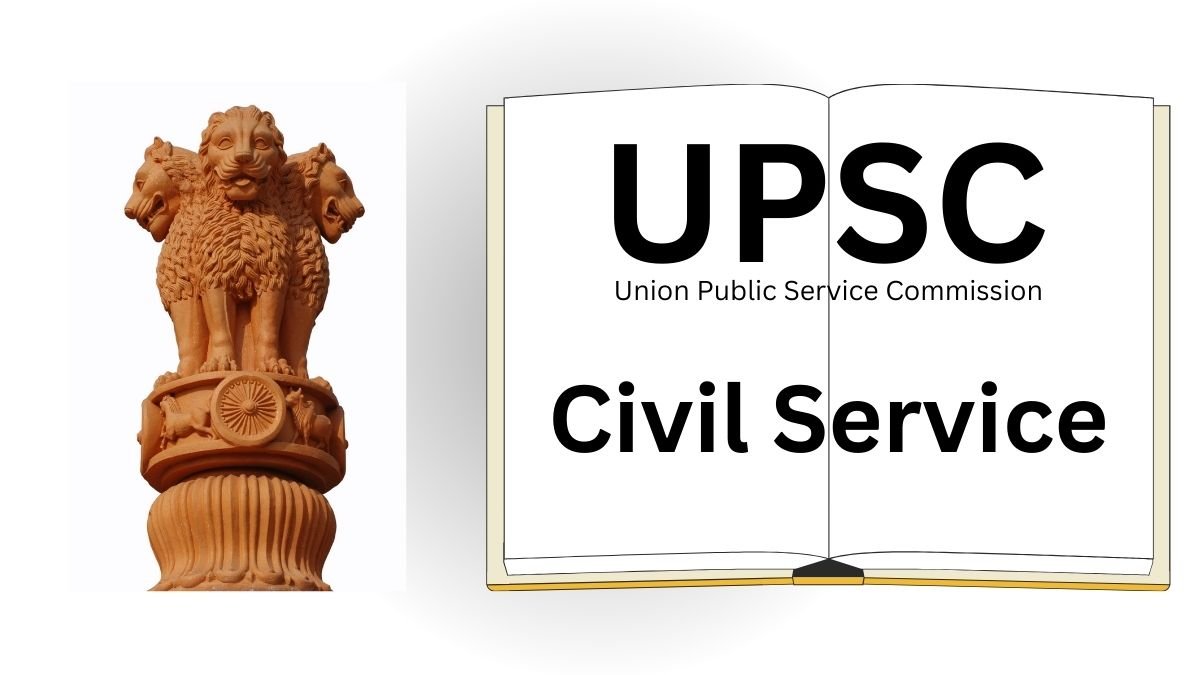- Introduction: Understanding UPSC Beyond Acronyms: The acronym UPSC holds profound significance in the realm of civil services, representing an institution that plays a pivotal role in shaping the administrative fabric of India. This guide aims to decode the essence of UPSC, unraveling its full form, examining the purpose it serves, and delving into the comprehensive landscape of the UPSC examination.
- Full Form of UPSC: Unraveling the Acronym: At its core, UPSC stands for the Union Public Service Commission. This section provides a succinct exploration of the full form, shedding light on the constitutional entity tasked with recruiting individuals for various prestigious and critical positions within the Indian civil services.
- Historical Evolution: Tracing the Roots of UPSC: Understanding UPSC necessitates a journey into its historical evolution. This part navigates through time, tracing the roots of UPSC from its inception in 1926 to its current status as a constitutional body entrusted with the responsibility of conducting competitive examinations.
- Constitutional Mandate: The Purpose of UPSC: Delving into the constitutional mandate of UPSC illuminates its overarching purpose. This segment elucidates the role assigned to UPSC by the Constitution of India, emphasizing its significance in ensuring a fair and merit-based selection process for the nation’s civil services.
- UPSC Examination: The Gateway to Civil Services: The UPSC examination emerges as the linchpin of its operations. This part demystifies the structure and nature of the UPSC examination, elaborating on the various stages, including the Preliminary Examination, Main Examination, and the elusive Personality Test, which collectively serve as the gateway to the esteemed civil services.
- Step-by-Step Guide to UPSC Examination: Navigating the Process: For aspirants seeking to embark on the challenging but rewarding journey of the UPSC examination, a step-by-step guide becomes invaluable. This section breaks down the entire process, from filling out the application form to the intricacies of each examination stage, providing clarity to those navigating the labyrinth of UPSC.
- Preliminary Examination: Filtering the Aspirants: The Preliminary Examination is the first hurdle in the UPSC journey. Unpacking this stage, the guide provides insights into the structure of the Prelims, the types of questions asked, and the significance of this phase in filtering aspiring civil servants for the subsequent rounds.
- Main Examination: Evaluating In-Depth Knowledge: Those who successfully navigate the Preliminary Examination advance to the Main Examination. This part elucidates the nature of the Main Examination, exploring the diverse range of subjects, essay writing, and interview skills that are assessed to gauge the depth of knowledge and analytical abilities of the candidates.
- Personality Test: The Culmination of the Journey: The Personality Test, often referred to as the interview stage, marks the culmination of the UPSC examination journey. This section explores the dynamics of the interview, shedding light on what the UPSC panel seeks to ascertain from the candidates during this critical phase.
- UPSC Syllabus: Mapping the Terrain of Knowledge: Navigating the vast terrain of the UPSC examination requires a thorough understanding of its syllabus. This part provides a detailed overview of the UPSC syllabus, categorizing subjects and topics to aid aspirants in formulating a comprehensive study strategy.
- Challenges and Strategies for UPSC Aspirants: Embarking on the UPSC journey is not devoid of challenges. This section addresses common challenges faced by aspirants and offers strategic insights to overcome them. From time management to effective study techniques, it provides a holistic approach to preparing for the UPSC examination.
Conclusion
Deciphering the essence of UPSC goes beyond its acronym, delving into its historical roots, constitutional mandate, and the transformative UPSC examination. As the gateway to civil services, this guide provides a comprehensive understanding of each stage, offering aspirants a step-by-step roadmap. From the Preliminary Examination to the Personality Test, it demystifies the intricate process and provides strategic insights for success. The UPSC syllabus is mapped, challenges are addressed, and the significance of this institution in shaping India’s administrative landscape is underscored, reaffirming UPSC’s role as a beacon of meritocracy.
Five FAQs
-
What does UPSC stand for?
- UPSC stands for the Union Public Service Commission.
-
When was UPSC established, and what is its historical evolution?
- UPSC was established in 1926, and its historical evolution is traced from its inception to its current status as a constitutional body.
-
What is the purpose of UPSC?
- UPSC’s constitutional mandate is to recruit individuals for various prestigious positions within the Indian civil services, ensuring a fair and merit-based selection process.
-
What are the stages of the UPSC examination?
- The UPSC examination consists of the Preliminary Examination, Main Examination, and the Personality Test (interview).
-
What challenges do UPSC aspirants face, and what strategies can help overcome them?
- Challenges faced by UPSC aspirants, such as time management and effective study techniques, are addressed in the guide, providing strategic insights for success.

